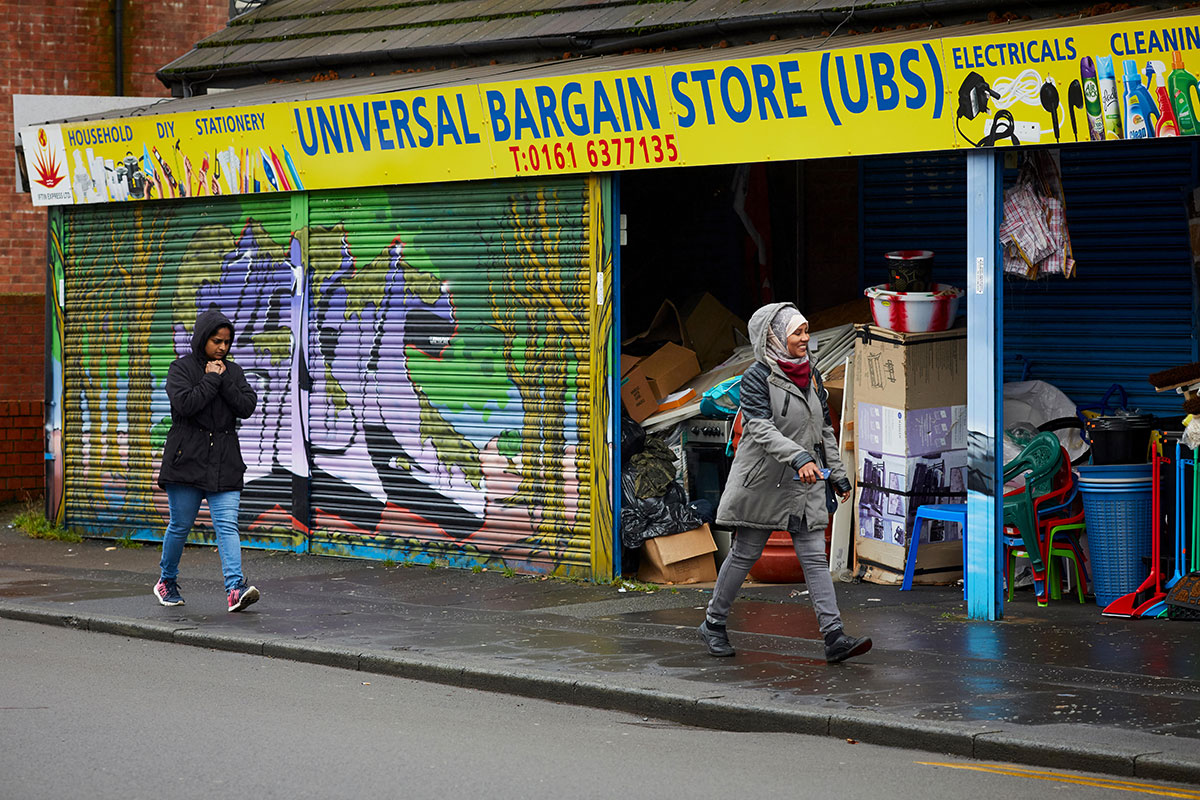Listening to tenants is about more than the bare minimum
By actively engaging all tenants, housing providers can develop more effective, inclusive and responsive housing solutions, writes Kai Jackson, Tpas associate and involved tenant
I’m looking forward to an important discussion at Housing 2024 about the growing influence of tenant voices in strategic decision-making. Whenever I discuss this issue, I ask, “Why hasn’t tenant voice and influence been at the heart of decision-making all along?”
The truth is that, for a period of time, priorities in the sector changed for the worse, with housing providers becoming much less responsive to the customers they serve.
So, after all these years, why is there now such an emphasis in the sector to have our voices at the heart of strategic planning?
Here are just a few reasons: Lakanal House, Grenfell, Sheila Seleoane, Awaab Ishak.
What these cases have in common is that tenants stated their voices were not heard. Admittedly, these are the extreme cases of what goes wrong when the tenant voice isn’t heard, but these, among others, have impacted the sector strongly.
But it’s not enough for landlords to just say that they will listen following these heartbreaking cases. The sector needs to be proactive in actively supporting tenants from all backgrounds to make their voices heard.
Recent laws, like the Social Housing (Regulation) Act, stress the importance of tenant voices in housing governance. The act requires that tenant perspectives be considered alongside those of board members, reinforcing that effective governance must include those directly affected by housing policies.
“Sometimes, what seem like good ideas on paper do not stack up when exposed to reality. As tenants, we can help to provide that vital sense check through the lived experience of services received”
Housing providers must align with these laws by ensuring strong tenant engagement and representation. This engagement must not only exist across the organisation, but must also be able to be evidenced – this will be impossible without broad, inclusive representation from all tenants, which will be enforced by the Regulator of Social Housing.
But I believe that no landlord should be content to just meet a legal minimum. Organisations should demand more of themselves and look to follow enhanced standards for tenant engagement, such as those set out by Tpas.
I am a huge believer in collaboration between tenants and their landlords. Sometimes, what seem like good ideas on paper do not stack up when exposed to reality. As tenants, we can help to provide that vital sense check through the lived experience of services received.
For example, rather than spending vast sums of money on a shiny new app and later wondering why people are not using it, tenants should be involved from the beginning to share their insights on what they want.
Think about the time and cost savings if tenants were a part of the co-design stage, sharing ideas, pinpointing where services are falling short, and suggesting more efficient services to replace an old one.
When tenants see that their opinions matter and lead to real changes, they feel more valued and respected, which strengthens the relationship between tenants and landlords. It is a strong step forward towards building trust, as we feel heard and can see the changes being made.
I once heard a speaker say that the sector needed to be careful that we don’t make the regulator our main customer in trying to meet the requirements of the consumer standards on how we are delivering services to tenants. This statement resonated strongly with me, as we are in a climate of consultations about how to meet standards, rather than listening to what your tenants are actually saying to you.
Involving tenants in decision-making can also lead to innovative solutions that might not come from top-down approaches. All staff members have the capability to invite tenants to the table, truly listen to their voices and involve them in strategic planning.
“By actively engaging all tenants, housing providers can develop more effective, inclusive and responsive housing solutions that truly meet the needs of all communities”
We all in the sector are searching for the golden thread on tenant voice, but this comes in many forms, based on what works best for each organisation. So, let’s not overcomplicate it. Just actively listen to tenants, be visible to tenants, and be mindful that actions speak louder than words.
Once tenants have become confident in participating in issues relating to their housing, they are much more likely to play a role in shaping how other services are delivered. Partnerships between landlords and other service providers can be built from these grassroots.
Putting tenant voices and influence at the heart of decision-making in social housing is essential for improving services, building trust, promoting fairness, making better policies, strengthening communities and complying with laws.
By actively engaging all tenants, housing providers can develop more effective, inclusive and responsive housing solutions that truly meet the needs of all communities.
This approach is vital for creating sustainable and thriving social housing communities where every tenant feels valued, heard and included, because they are welcome to have a seat at the table.
Kai Jackson will be speaking at Housing 2024. Hear from her during the ‘Tenant voice and influence at the heart of strategic decision-making’ session at 2pm on Tuesday 25 June. To find out more or book your delegate pass, click here.
Sign up to the Inside Housing Communications Conference 2024
With an upcoming election, and a raft of regulatory changes within the Social Housing (Regulation) Act aimed at improving communication between landlords and tenants, housing communicators are navigating a multitude of priorities in an ever-changing environment.
Join over 250 communications professionals and hear from 50 speakers across three content streams covering both internal and external communications. The conference will explore how to influence key stakeholders and deal with emerging issues in a transparent and empathetic way to improve the lives of those in our communities.













